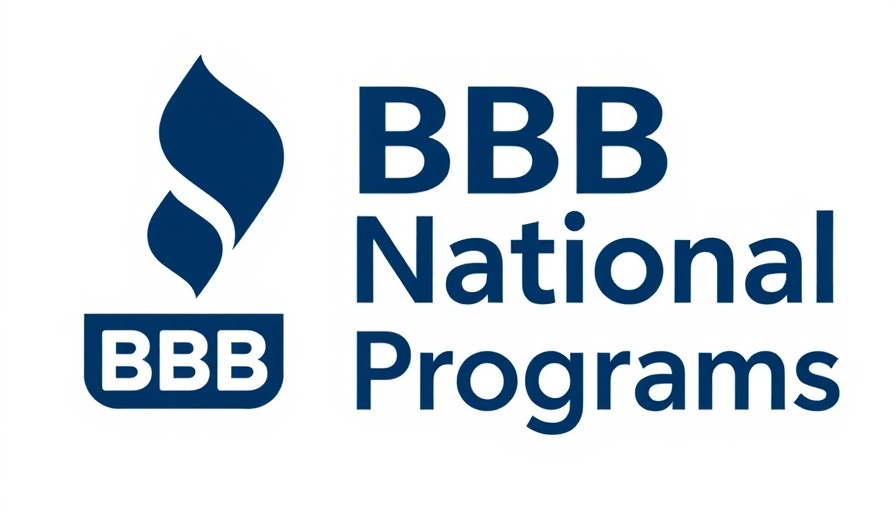
A Growing Concern: The Importance of Social Media Transparency
In an age where social media greatly influences consumer behavior, transparency in endorsements has never been more crucial. The recent inquiry into 1Up Sports Marketing by the National Advertising Division (NAD) exemplifies the scrutiny that influencers and brands face. Following this investigation, an influencer associated with 1Up has voluntarily modified their social media posts to align with advertising guidelines. This act highlights the ongoing efforts to establish clearer practices in influencer marketing and build trust among consumers.
The Implications of Inadequate Disclosure
Previous cases of insufficient disclosure have led to significant repercussions for brands and influencers alike. For instance, the Federal Trade Commission (FTC) has fined several influencers for failing to disclose material connections between them and the brands they endorse. Such penalties not only damage reputations but also erode public trust. In addition, brands risk being put under the microscope, which can lead to costly investigations and a loss of customer loyalty.
Responding to Market Demands: The Importance of Compliance
Small businesses must take note of these developments. As influencers play a pivotal role in shaping consumer choices, the need for compliance with advertising standards is paramount. For small businesses leveraging influencer partnerships, this means ensuring these influencers follow best practices in disclosures. Engaging with influencers who are well-versed in FTC guidelines can protect small businesses from potential backlash and foster more authentic relationships with their audience.
Strategies for Small Business: Effective Influencer Partnerships
To navigate the complexities of influencer marketing, small businesses should consider adopting several strategies:
- Educate Influencers: Provide training or workshops on proper disclosure practices to ensure they understand the importance of transparency.
- Encourage Authenticity: Advocate for genuine interactions rather than scripted endorsements to create more relatable and trustworthy content.
- Monitor Engagement: Regularly assess the performance of influencer campaigns to identify any discrepancies in disclosure and address issues promptly.
Future Trends in Influencer Marketing and Consumer Behavior
The landscape of influencer marketing is continually evolving. Experts predict a shift towards more grassroots collaborations, where micro-influencers—those with smaller but highly engaged followings—will dominate. These influencers often have better engagement rates and can drive consumer behavior more effectively than their larger counterparts. As the market progresses, compliance with advertising standards will remain a top priority for all influencers, irrespective of their following size.
Final Thoughts: Establishing Trust through Transparency
For small businesses, aligning with influencers who value transparency not only enhances their own brand reputation but also contributes to a healthier marketing ecosystem. As trends continue to evolve, businesses must remain proactive in ensuring that their marketing practices align with consumer expectations and regulatory standards.
 Add Row
Add Row  Add
Add 




Write A Comment